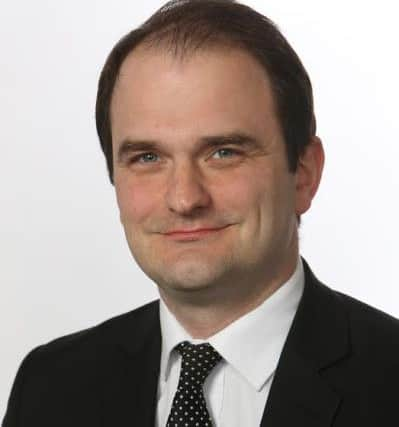Landmark case as High Court judges rule Leeds youth's sentence was '˜unlawful'


The teenager was originally given an eight-month detention and training order for aggravated vehicle taking but had the term cut on appeal after his lawyers argued that he had been given a longer sentence than an adult would have for the same offence.
The ruling that the original sentence was “unlawful” and an “error in law” was in February but the ruling was only published last week. Keith Allen, of Leeds-based, ABR Solicitors, who acted in the case, said: “As a result of this case the defendant’s sentence was reduced considerably.”
Advertisement
Hide AdAdvertisement
Hide AdHe added: “On a national level though this case has far-reaching implications and will result in a change to the way that youth defendants are sentenced up and down the country.


“The current legal texts on how to sentence youth defendants will need to be revised to reflect the current position if they haven’t already.”
The teenager was originally sentenced for two aggravated vehicles offences, as well as handling stolen goods, driving without insurance and criminal damage, at Leeds Youth Court, and when he appealed to Leeds Crown Court the case was dismissed.
According to his barrister Nicholas de la Poer, had he been an adult the maximum sentence that would be allowed would have been six months and the likely sentence would have been just four months.
Advertisement
Hide AdAdvertisement
Hide AdHe said a precedent set by a 2001 case led magistrates at the youth court to believe they could sentence him to up to 12 months detention and training order, where half the sentence is served in custody and the other half in the community.


An appeal was made at the High Court, opposed by the Crown Prosecution Service, where two senior judges ruled that the interpretation of the old case was wrong and did not allow children to be sentenced to longer sentences than adults.
After the ruling by Lord Justice Simon and Mr Justice Leggatt, the youth’s case has now been passed back to the Crown Court for a new sentence to be passed.
Ruling on the case, Mr Justice Leggatt said: “For the reasons developed by Mr De la Poer, It could not have been right, in my view, in sentencing this appellant, had he been an adult, to impose a custodial sentence of any more than four months as an absolute maximum.
Advertisement
Hide AdAdvertisement
Hide Ad“It must follow that the total sentence of eight months’ detention and training made up of two consecutive four-month detention and training orders in this case was an unlawful sentence.”
Lord Justice Simon said: “I agree for the reasons given by my Lord that it is clear that the Crown Court fell into error in relation to its jurisdiction and proceeded to re-sentence on that basis and that that amounted to an error of law.
“I also agree that in any event it resulted in a sentence so far outside the normal discretionary limits as to enable this court to say that its imposition must involve an error of law.”
Reacting to the ruling, Mr Allen said: “I was amazed when the defendant in this case was given twice the sentence that an adult would have received at both the Youth Court and Crown Court on appeal.
“The judgement of the High Court is a victory for common sense and it is always pleasing that the work we do at ABR Solicitors makes a difference not just to the person but also nationally.”